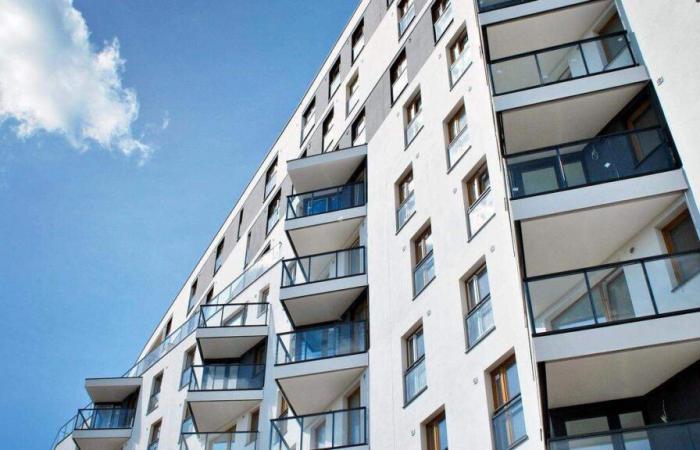Luxembourg, Portugal, the Netherlands and Germany are among four OECD countries that, according to the International Monetary Fund (IMF), have failed to contain the rise in house prices since the pandemic of covid.
According to a study published in the magazine Finance & Development According to the IMF, the average cost of housing in Luxembourg has increased by around 50% over the last five years. Additionally, just over half of low-income homeowners spend more than 40% of their salary on housing, worsening housing exclusion in the country.
Since 2021, the cost of property loans in Luxembourg has tripled, making access to property even more difficult. The IMF’s Housing Affordability Index, which assesses the relationship between household income and the cost of a typical home loan, increased from 105 points in 2021 to 72 in 2024 in the Grand Duchy. The study therefore classifies Luxembourg in the category of seriously unbalanced markets.
Lack of effective policies
Although the current and previous governments have introduced tax incentives, the IMF concludes that Luxembourg still lacks effective policies to control price increases and increase affordability.
The study also highlights that the influx of foreign capital continues to inflate the Luxembourg real estate market, exacerbating the difficulties of local residents in acquiring their own homes.
To mitigate the growing risks of housing exclusion and avoid a threat to the country’s economic and social stability, the IMF recommends implementing structural reforms.
Among the proposals are the removal of regulatory barriers to construction, incentives for the creation of affordable housing and increased control of foreign investment in the real estate sector.
This article was originally published on the website Contact.
Adaptation: Antony Speciale
Belgium


